Beef a Good Source of Zinc
We know that getting enough vitamins in our diet is important, and the same goes for minerals. And one mineral in particular that deserves a spotlight is zinc. Did you know that after iron, zinc is the most abundant mineral in the body? And that it's needed for a ton of important processes, like maintaining the health of your immune system and allowing your body to heal?
"Zinc is going to be found in all of your tissues, and it's required for the metabolism of protein, fats, carbohydrates. It also stabilizes cells and organ structures, helps with thyroid function, is important for vision, blood clotting, wound healing, and immune function," says nutritionist Jessica Ash, CNC, HHC, FDN-P and founder of Jessica Ash Wellness. "It's also important for cell division, so if we're talking about pregnancy or women who are growing a baby, it's very important for when cells are rapidly dividing."
Why do you need zinc in your diet?
The recommended daily amount of zinc is eight milligrams for adult women (11 during pregnancy), and 11 milligrams for adult men. So how do you know if you're getting enough zinc in your diet (besides getting tested)? Two tell-tale signs include whether you get sick frequently and how your fingernails look.
"Zinc deficiency has been linked to poor immune function, so if you find yourself catching colds more often than usual, consider whether you're eating enough zinc," says Melissa Groves, RDN, LD, CLT, and founder of Avocado Grove Nutrition. "One quick way to determine if you have a deficiency: take a look at your fingernails. If you have white spots, you might want to get your zinc levels tested."
Other issues that can come up from a zinc deficiency include slow wound healing and a poor appetite, according to Groves. Ash notes that gut and digestive issues are commonly related to low zinc levels, as are acne, mood issues, hair loss, blood sugar issues, thyroid problems, and even reproductive issues.
Getting enough zinc in your diet through the food you eat is important because your body uses it frequently, and can't store it, according to Ash. "Zinc is not stored in the body, so you have to be getting it regularly from dietary intake since it is used all the time," says Ash.
What are the best zinc foods?
"I'd recommend aiming to include shellfish in your diet weekly, as well as other meats throughout the week," says Groves. If you don't eat meat or any animal products, you can still get some zinc from your food, but you may need to consider a supplement. "If you're on a vegetarian diet, focus on nuts and seeds, and you might want to consider a zinc supplement if you're not getting enough," Groves says.
Keep reading below for the top 20 food sources of zinc to find out how to incorporate enough of the important mineral into your diet.
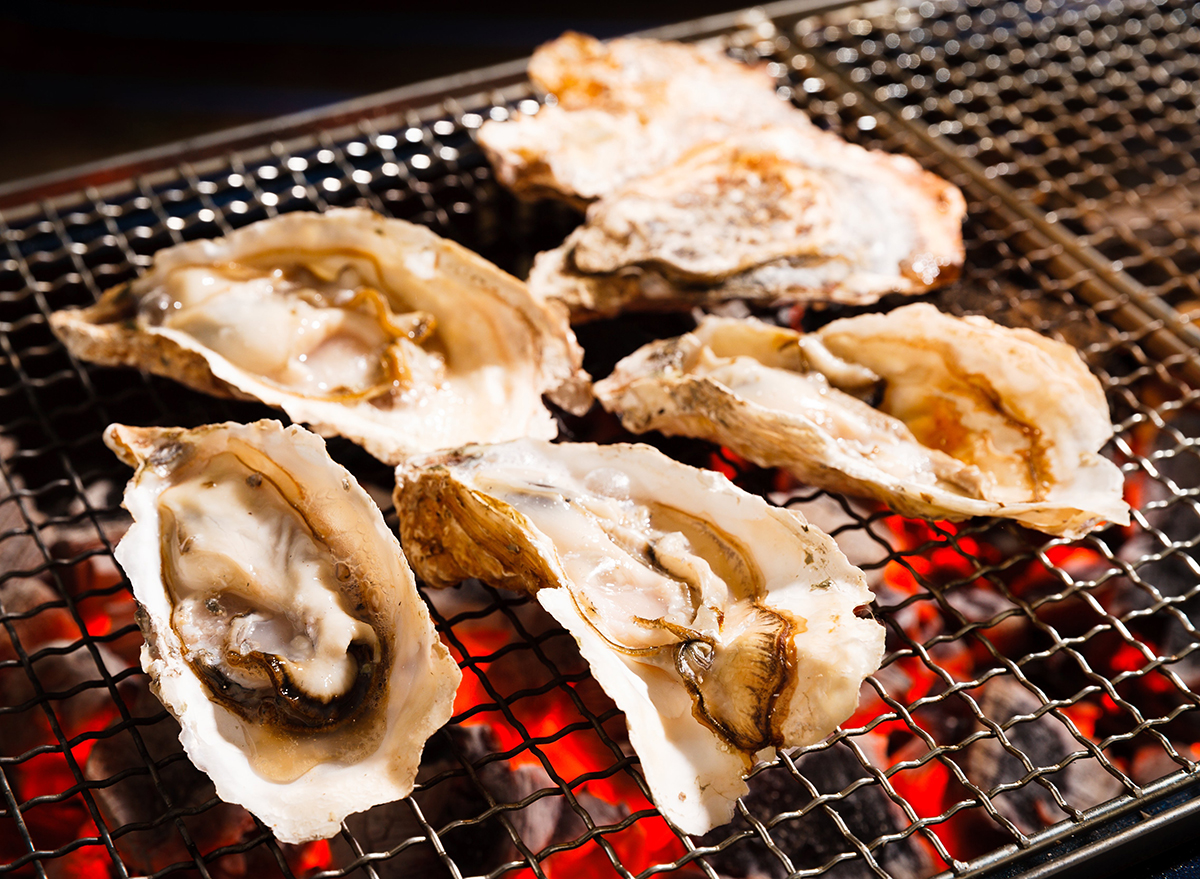
Oysters are hands-down the richest source of zinc. Just three ounces of oysters gets you a whopping 66.81 milligrams of zinc, exceeding your daily recommended zinc intake. Incorporating oysters even once a week is a great way of making sure your zinc needs are met.
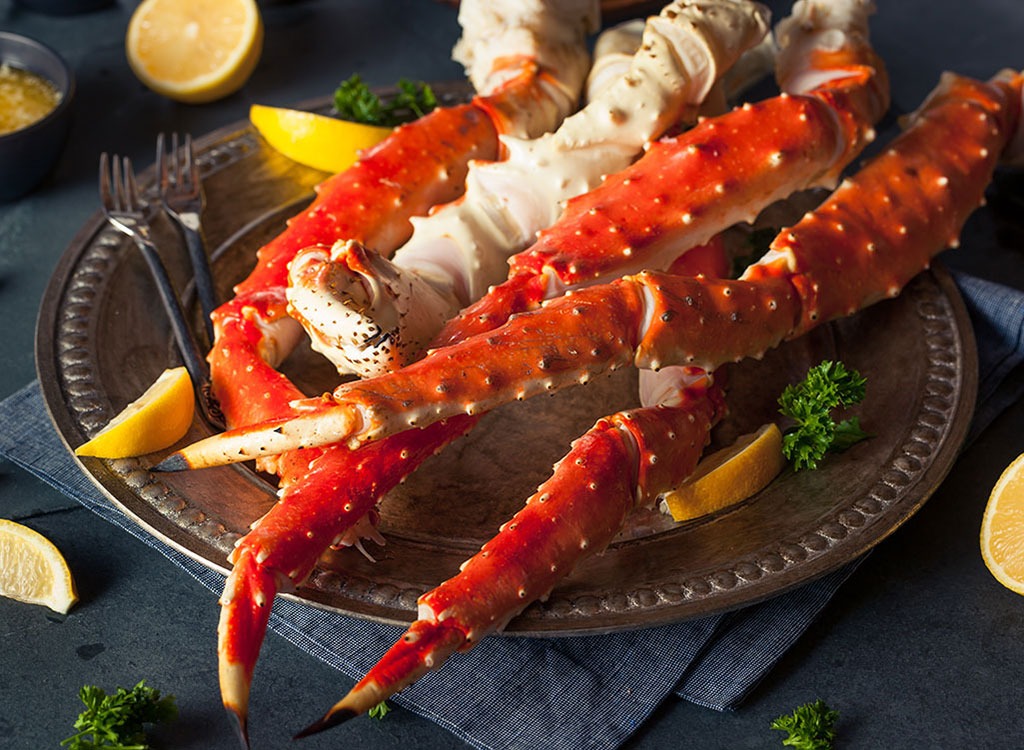
With just three ounces of Alaskan king crab, you'll be well on your way to getting your daily dose of zinc. (As if you needed another reason to go to Red Lobster.)
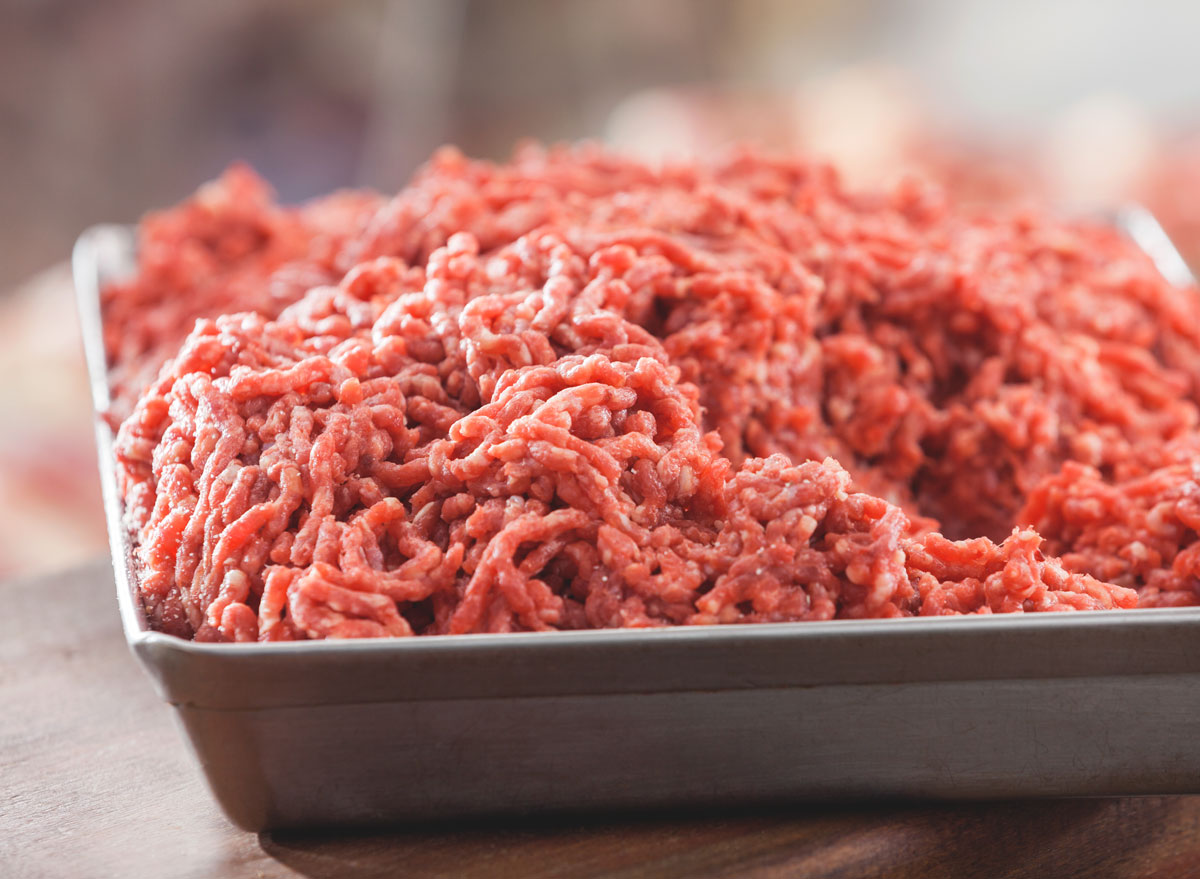
Ground beef is a great source of zinc, with just a four-ounce serving clocking in at over half of your daily need for zinc. Beef is also rich in protein and B-vitamins, making it a great option to have in your diet a few times a week.
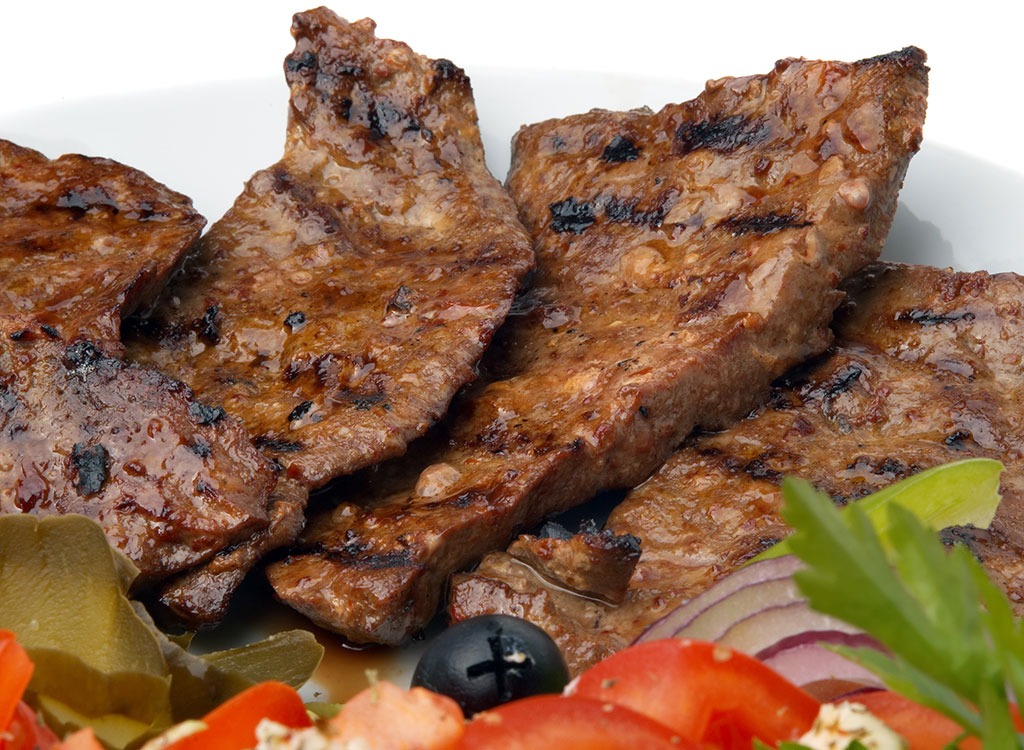
If you can stomach the taste, beef liver is a great source of zinc. You can get over half of the daily recommended value of zinc in a three-ounce serving. If liver and onions are not your cup of tea, try adding chopped beef liver into your ground beef patties, meatballs, or meatloaf.
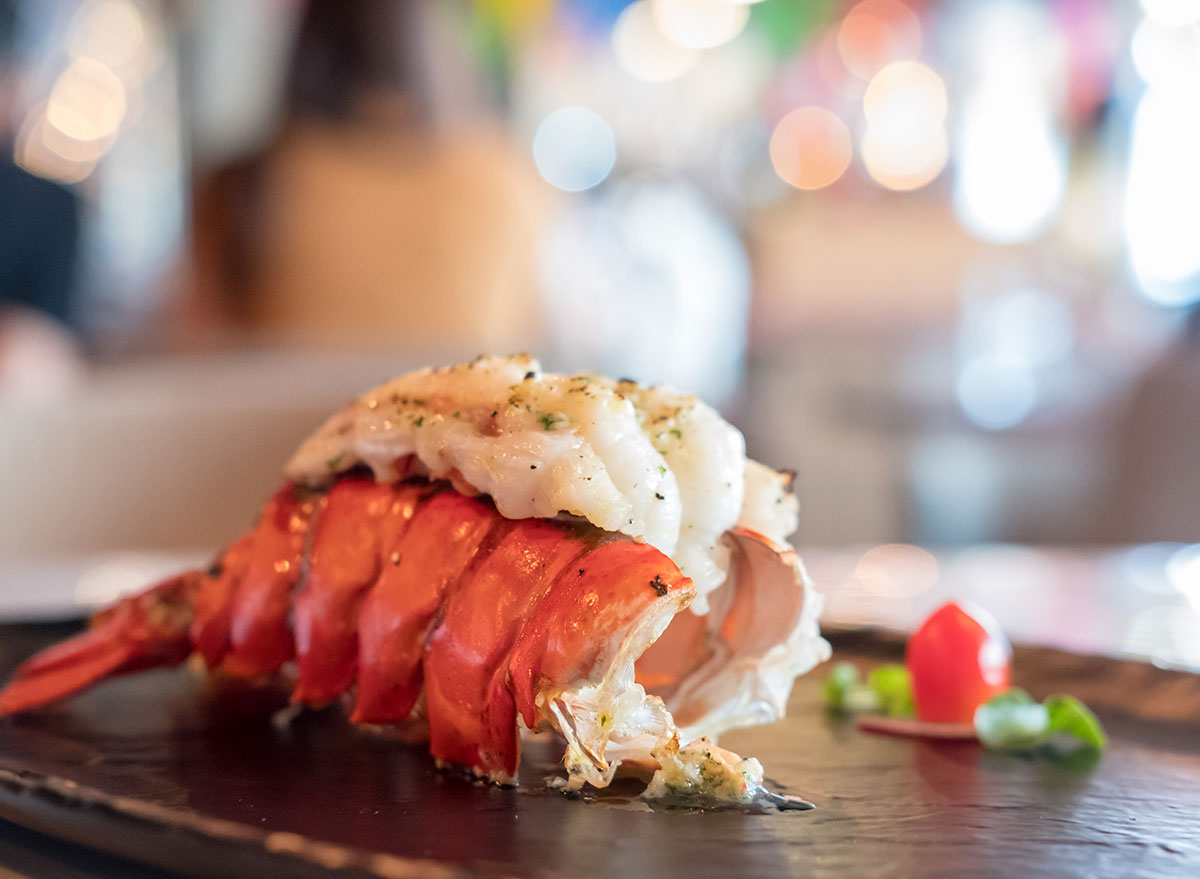
Looking for a reason to splurge on that lobster at dinner? Here's one. A three-ounce serving of lobster has three milligrams of zinc, nearly 40 percent of your daily value.
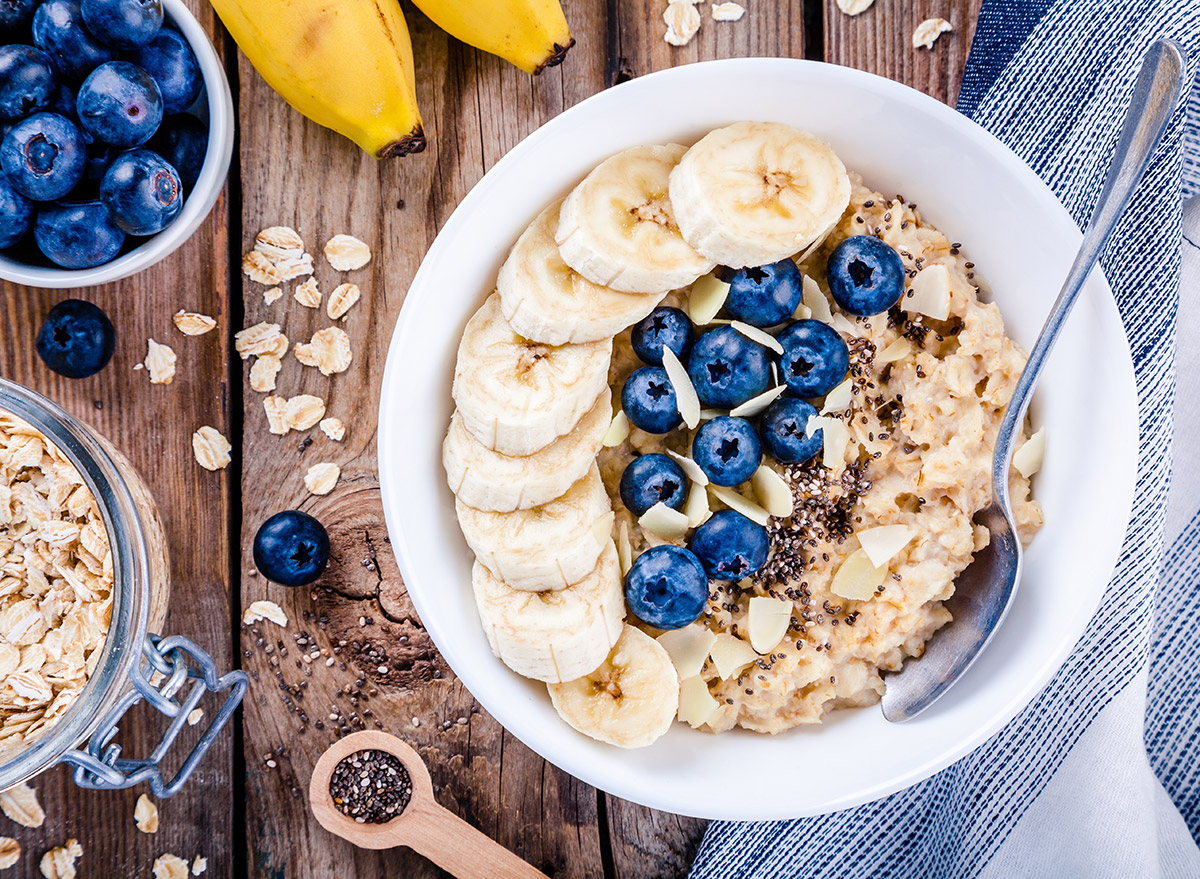
If you love a warm bowl of oats in the morning, good news. Your daily serving of oats gets you nearly three milligrams of zinc, which clocks in at almost 40 percent of your daily value of zinc.
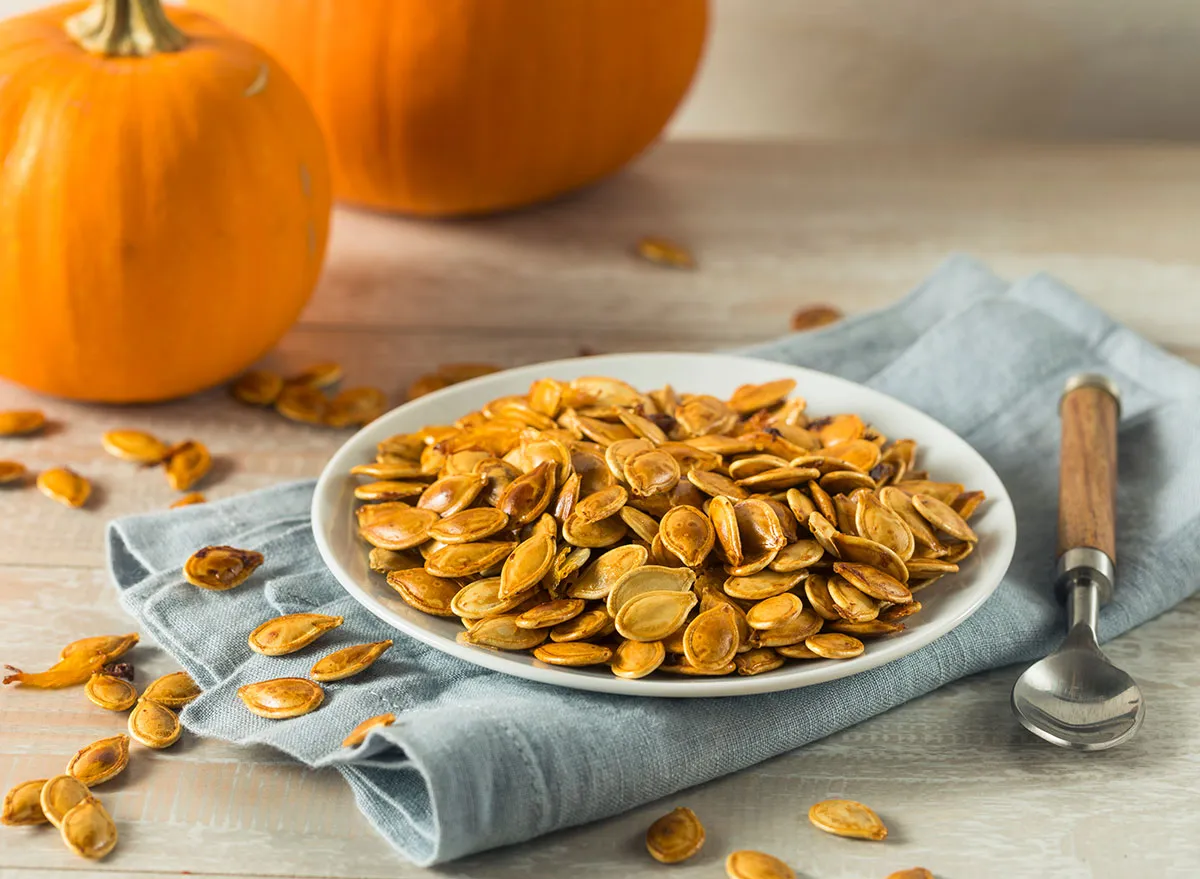
Pumpkin seeds aren't just for fall—they make a great snack, salad topping, or addition to your trail mix any time of the year. Plus, just one ounce of pumpkin seeds gets you almost 40 percent of your daily value of zinc.
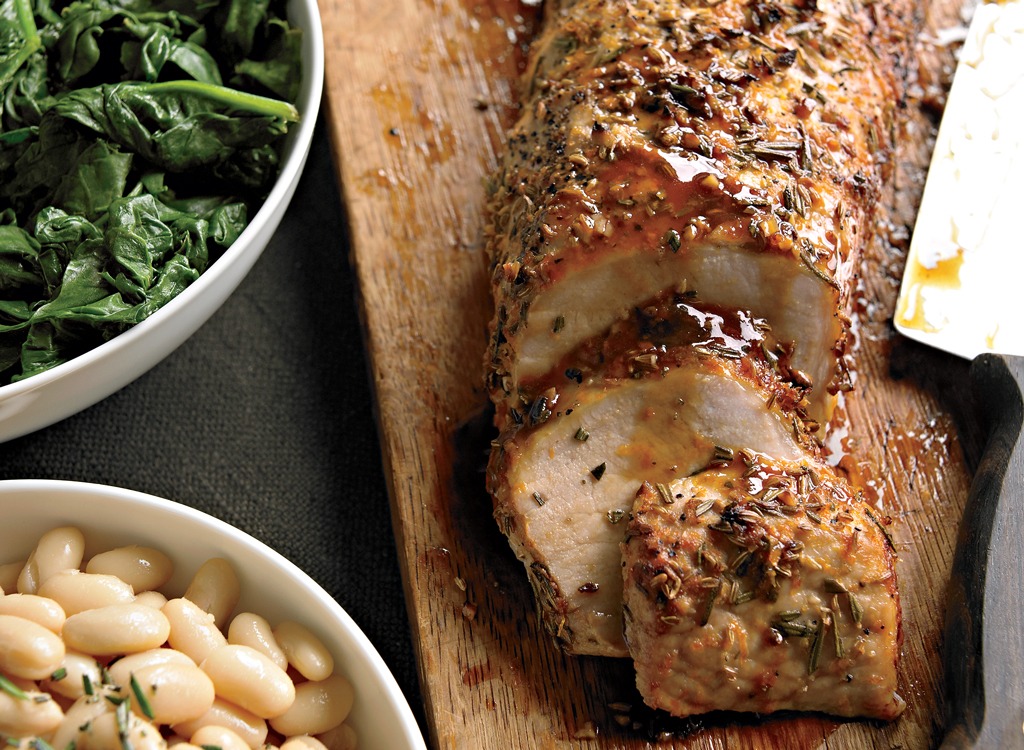
Pork loin is a popular and tasty protein option for dinner. And did you know that a four-ounce serving has two milligrams towards your daily needs for zinc? That's 25 percent of what you need in a day.
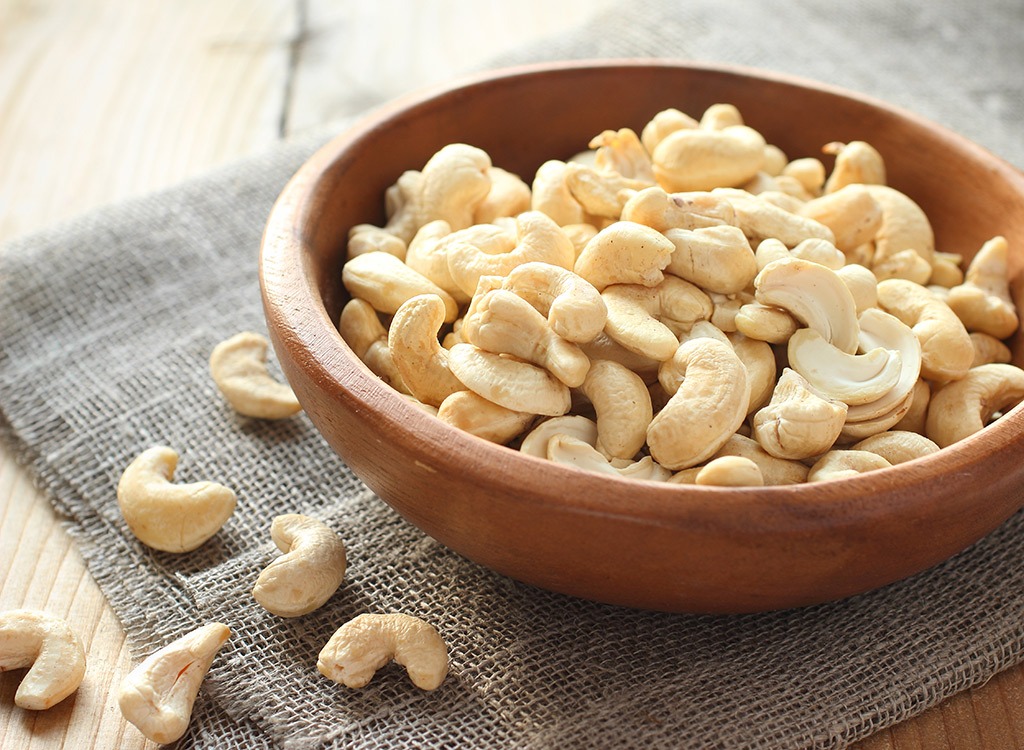
A handful of cashews is a tasty snack full of satisfying, healthy fat. But did you know that cashews are also a good source of zinc? In fact, a one-ounce serving will get you nearly 20 percent of your recommended total daily zinc.
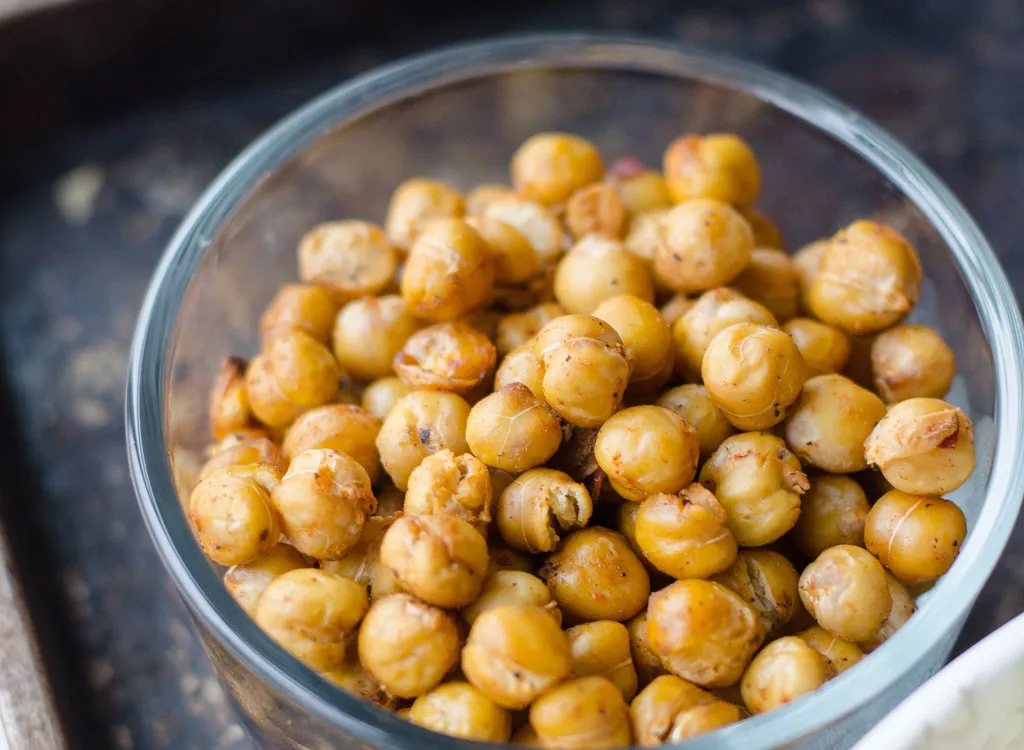
Chickpeas are arguably one of the most versatile foods. From hummus (yes, that's chickpeas!) to chickpea pasta and so much more, they are the stars of many plant-based eaters and vegans or vegetarians alike. With 1.53 milligrams of zinc per each 100-gram serving, it's a smart choice for making sure your daily zinc needs are met.
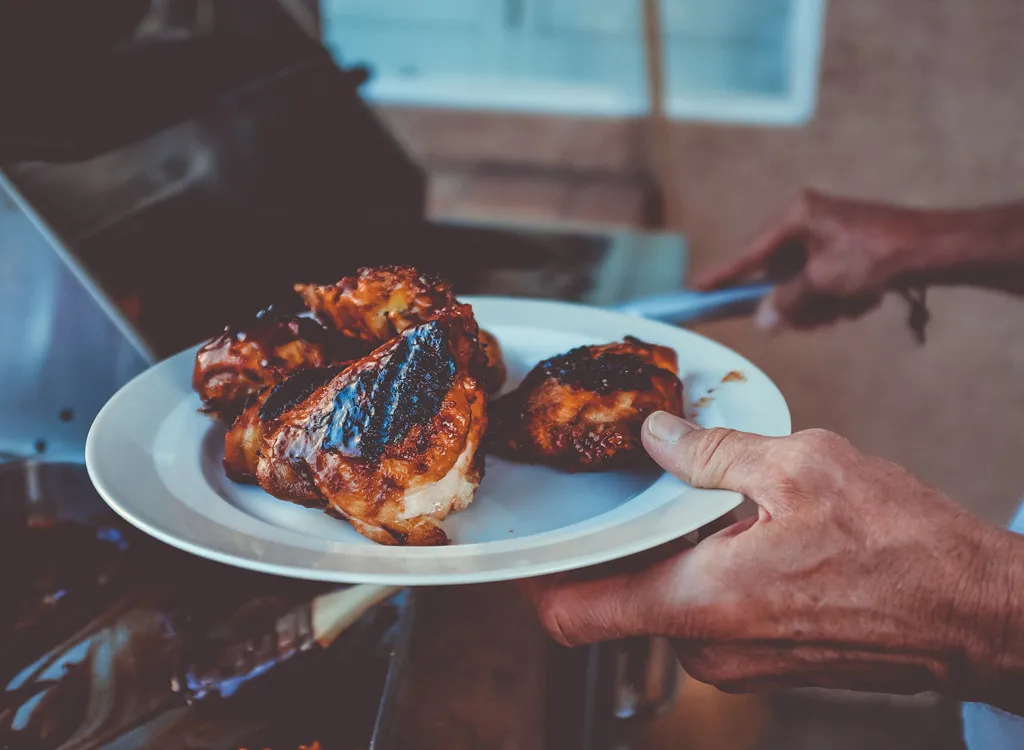
Chicken, specifically the dark meat like the thighs and legs, is a great option for making sure you're getting enough zinc in your diet. One three-ounce serving of chicken thighs contains more than one milligram of zinc, making it a great addition to your weekly menu.
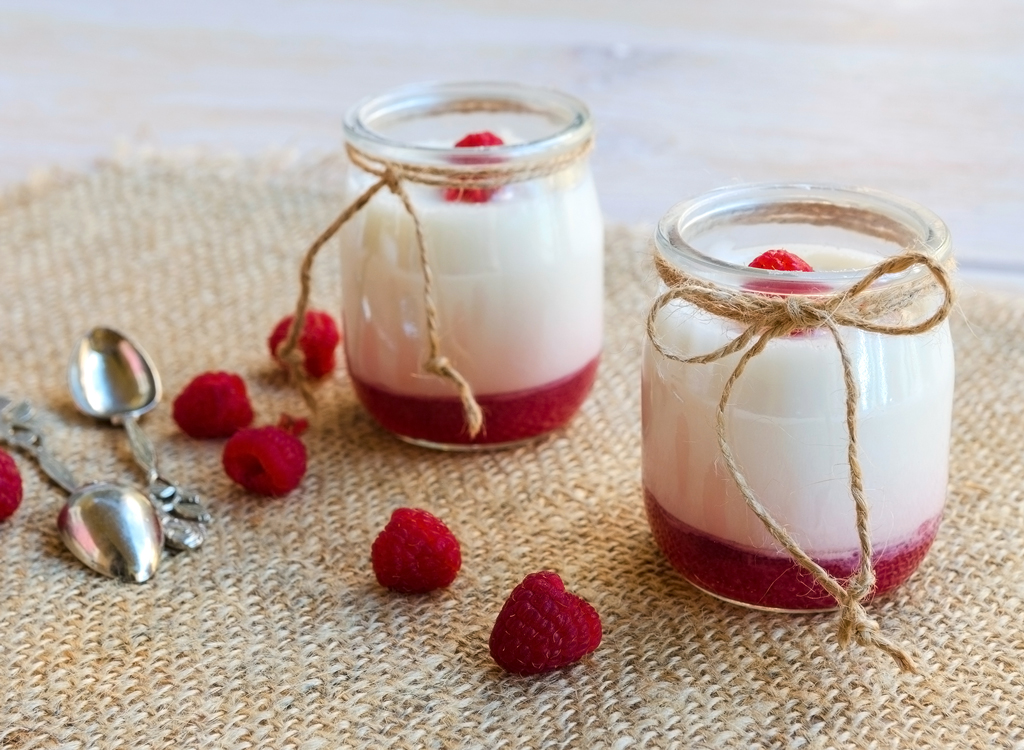
Not only is yogurt a good source of protein and calcium, but it contains a decent amount of zinc, too. An eight-ounce serving contains 1.34 milligrams of zinc. Not bad for your go-to snack or breakfast, right?
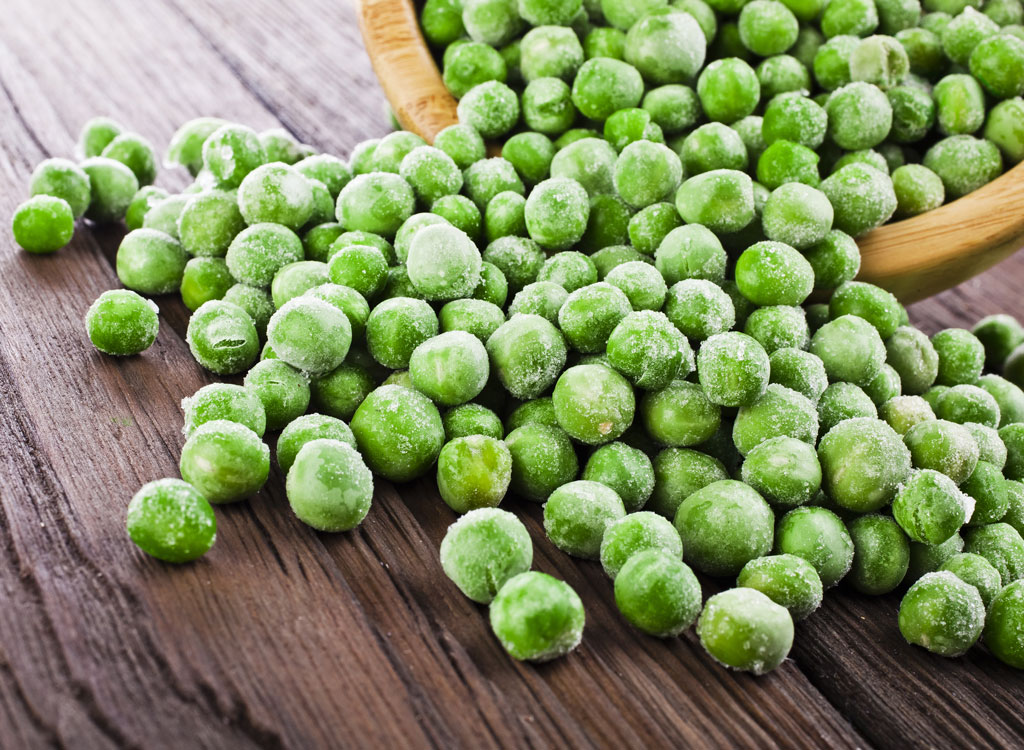
Peas may not have been your favorite vegetable growing up, but chances are you feel differently about them now. And if you do, good news. A 100-gram serving of green peas contains more than one milligram of zinc.
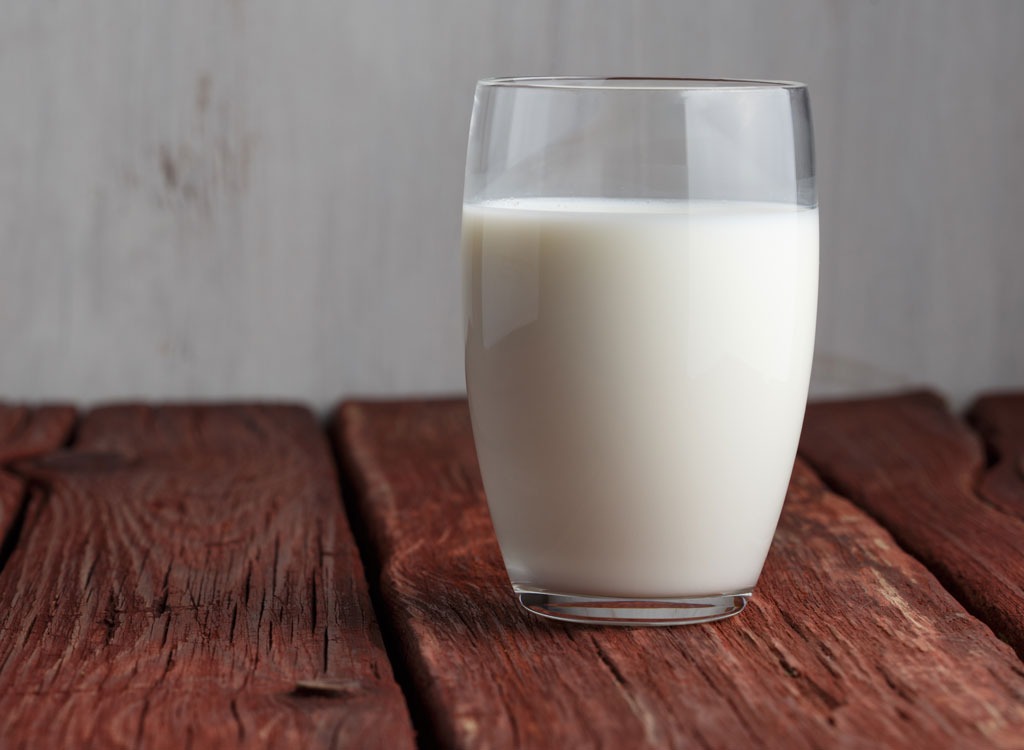
Whether you enjoy it on cereal, in smoothies, or straight from the glass, milk is one way to pack in a lot of nutrients, like calcium and vitamin D. And milk contains zinc—specifically, 1.17 milligrams of it per cup.
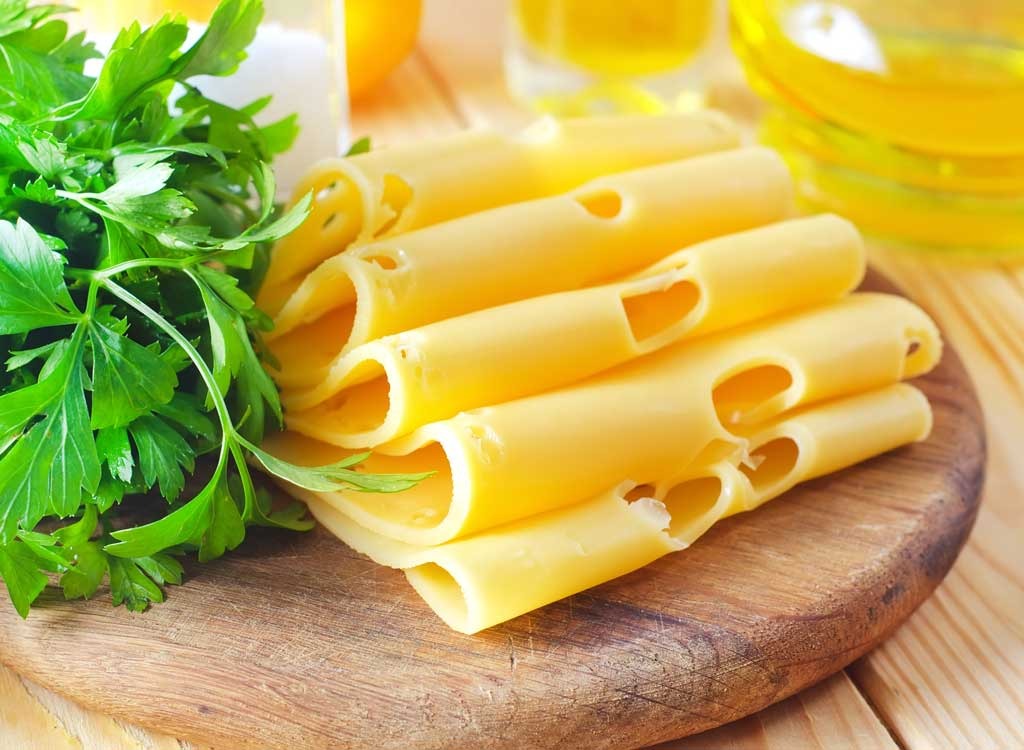
Who doesn't love cheese? And if you need another reason to grab a slice, then good news. Swiss cheese contains a pretty good amount of zinc—almost one milligram per slice—which is not bad when you're working towards that daily goal.
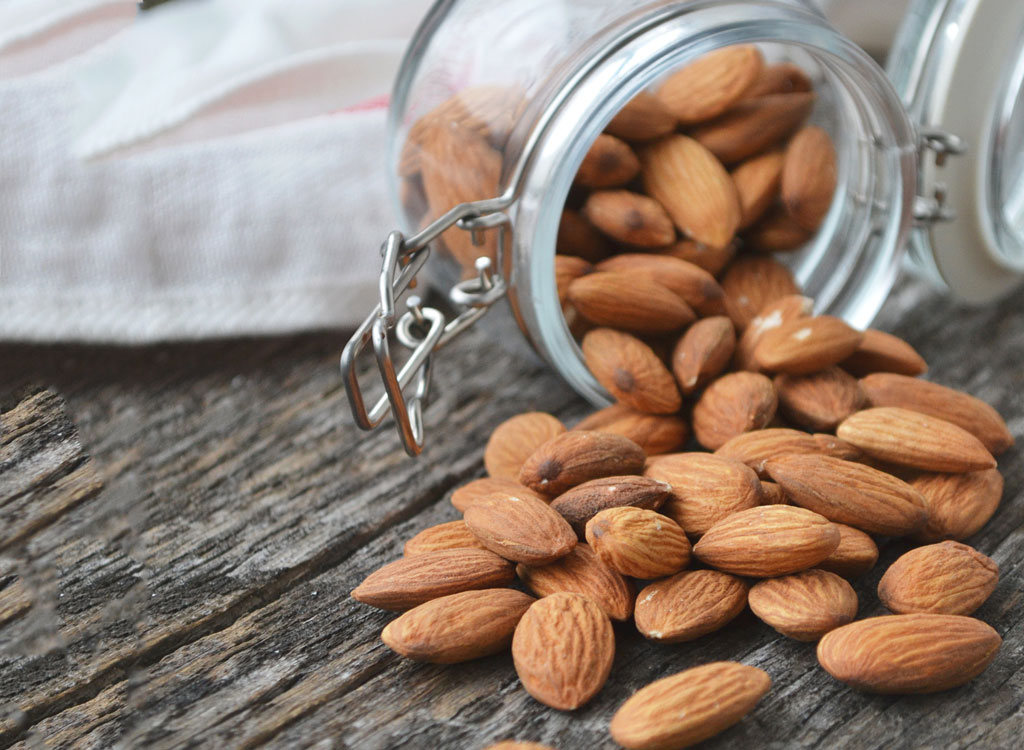
While they may not be as good of a source of zinc as cashews, almonds also contain some zinc, with almost a full milligram of the mineral in a one-ounce serving. Try adding them into your favorite snack mix or trail mix, slice them on top of salads, or you can try almond butter or almond flour in your recipes.
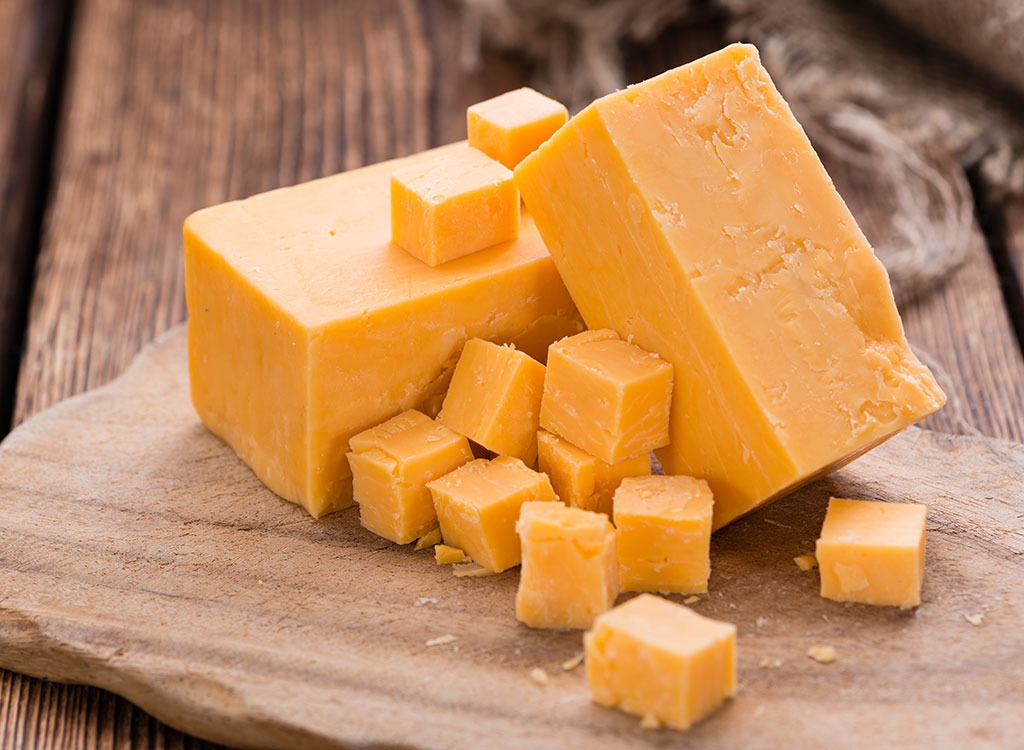
Swiss isn't the only type of cheese that contains zinc; cheddar makes the list too. With almost one milligram of zinc per slice, cheddar cheese gets you closer to your total zinc daily value. Add a slice of cheddar to your grass-fed beef burger and you'll meet about 75 percent of your total daily zinc goals.
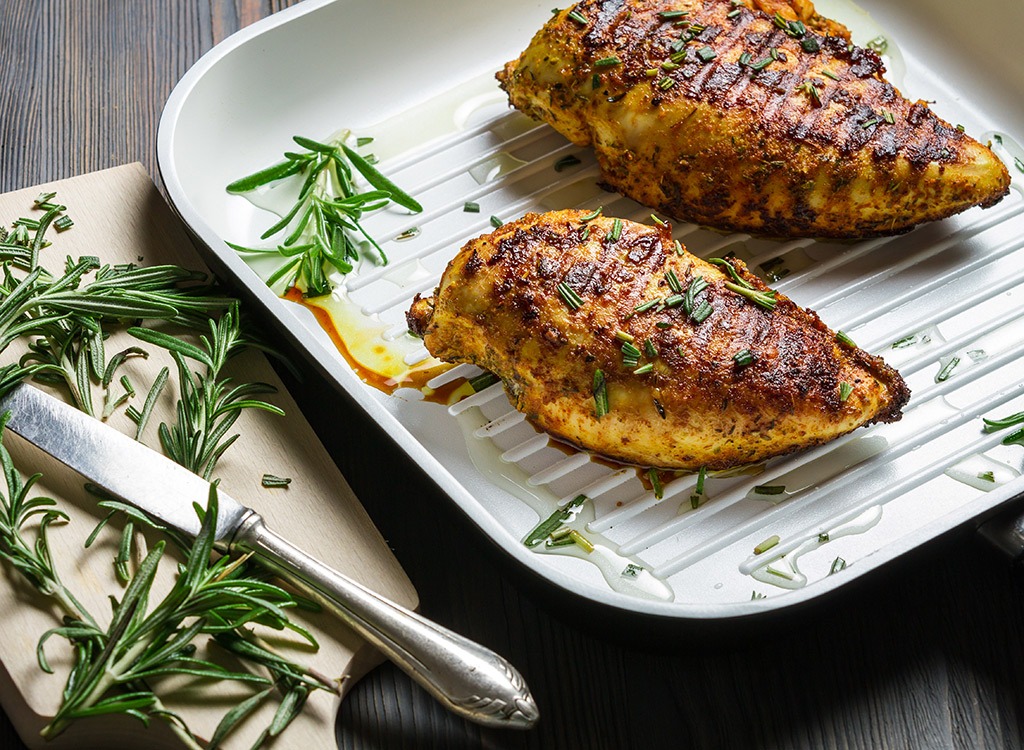
Surprisingly enough, dark meat chicken specifically gets you the most zinc per serving. But If you prefer the chicken breast, you'll still get some zinc, with 0.696 milligrams per 87-gram serving. Maybe just try a leg, wing, or thigh next time you're looking to boost your zinc?
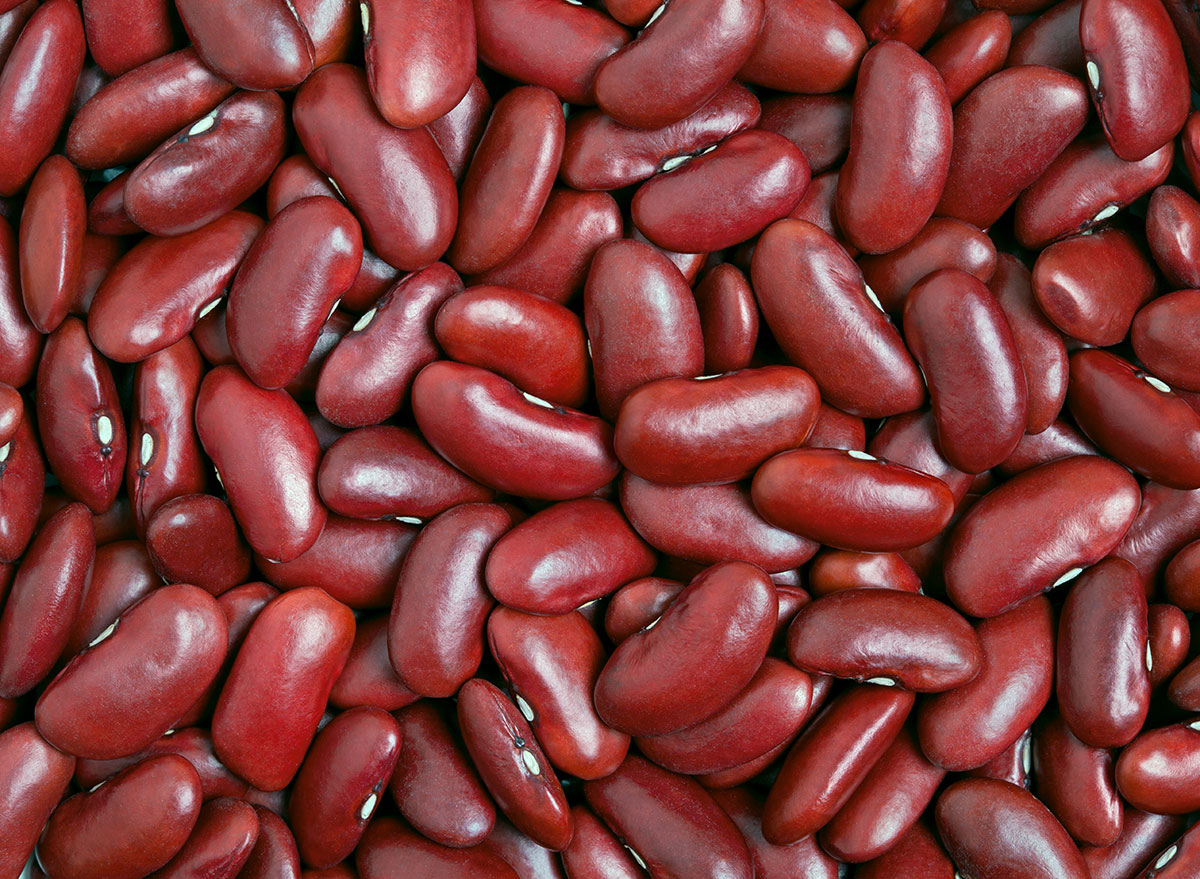
One 100-gram serving of kidney beans is a great source of fiber and protein. It's also a good source of zinc. Kidney beans taste great in soups, stews, or even the classic dish, red beans and rice.
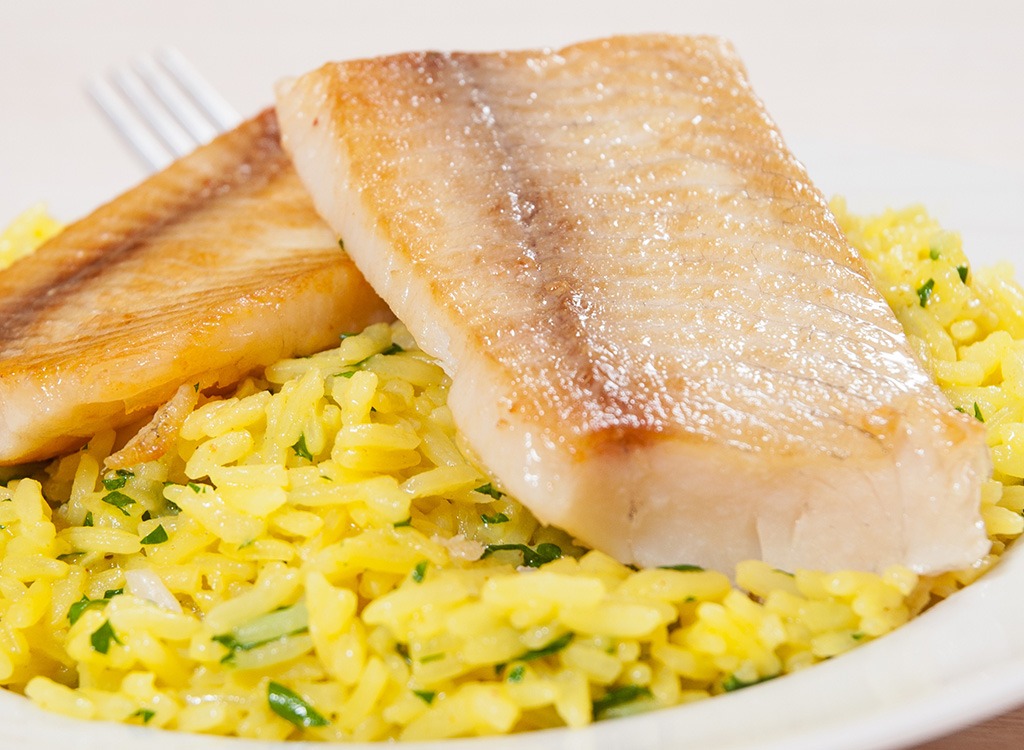
If you enjoy fish, try deviating from your usual choice and go for a three-ounce serving of flounder. The white fish is mild in flavor and will get you a little bit closer to your total daily requirement of zinc.
Now that you know a variety of foods that will help you get more zinc into your diet, there's no excuse for not eating enough of it.
Source: https://www.eatthis.com/zinc-foods/
0 Response to "Beef a Good Source of Zinc"
Post a Comment